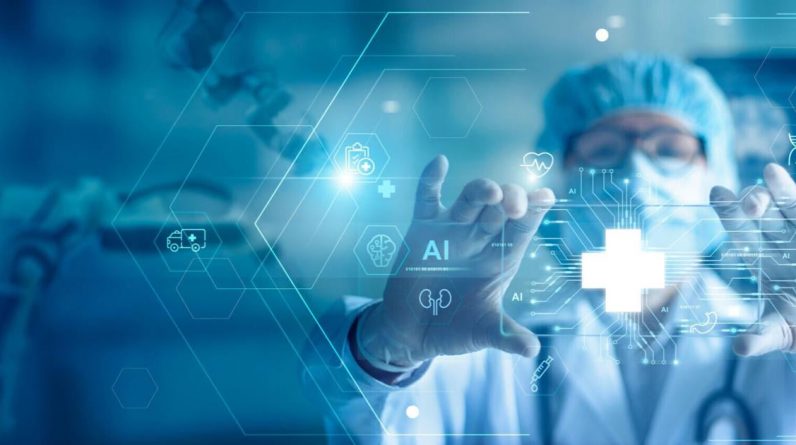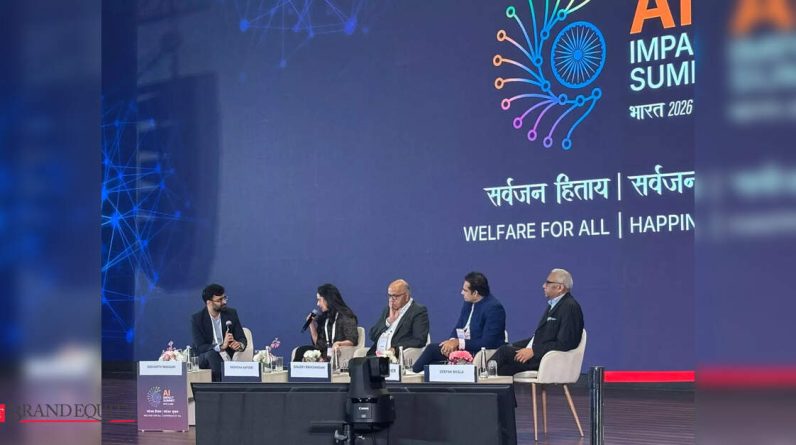
Artificial intelligence (AI) has become a transformative force influencing nearly every aspect of human life, and the sciences are no exception. From revealing the mysteries of the cosmos to untangling the complexities of the human genome, AI has cemented its role as a critical tool for modern scientific research. Cybersecurity tools may help protect sensitive data within this field, but AI is revolutionizing how information is processed, shared, and understood. Just take a look at how people consume information, or better yet, search for it. A recent survey from ExpressVPN shows the fast trend of using AI, such as large language models, as a new search tool. With major advances, society could be looking at a dominating century of AI.
More than just a buzzword, AI has empowered scientists to explore what was once deemed impossible. Areas such as chemistry, physics, biology, and medicine are witnessing groundbreaking developments driven by machine learning algorithms, predictive analytics, and automation. The relationship between AI and the sciences continues to evolve, sparking innovation, ethical debates, and a new way of thinking about problem-solving.
People are also reading…
How AI Is Changing Scientific Research
AIâs impact on the sciences lies in its ability to handle massive volumes of data with precision and efficiency. Traditional experimental methods, though valuable, are often labor-intensive and time-consuming. Enter AI, which can analyze datasets, identify patterns, and formulate lightning-speed predictions.
For example, in the field of biology, AI is aiding in the prediction of protein structures, a once-daunting task now accelerated thanks to technologies like protein-structured databases. Similarly, AIâs impact on chemistry is equally revolutionary. Machine learning models are being used to predict chemical reactions and discover new compounds, potentially unlocking new materials or life-saving drugs. These advancements dramatically reduce the time it takes to go from hypothesis to breakthrough, redefining traditional workflows.
The Collaboration Between Scientists and AI
What makes AI so powerful within the sciences is its complement to human expertise, not its replacement of it. AI excels at repetitive tasks and data analysis, but the curiosity, creativity, and critical thinking of a scientist remain indispensable.
Consider the ongoing collaborations within space exploration. NASA employs AI to improve the accuracy of planet detection and analyze cosmic phenomena. Meanwhile, climatologists are leveraging AI-driven simulations to predict the effects of climate change with greater accuracy, aiding in the fight against global environmental challenges.
The Expanding Influence of AI on Society
The growing integration of AI into the sciences is not without cultural and economic implications. High-profile figures have highlighted the risks and controversies surrounding AI and Big Tech. For instance, tech executives stances on technologyâs impact on privacy has sparked headlines, such as when one leader threatened to ban certain smart phones and laptops at his companies. Such statements underline the broader conversation about who controls technology and the ethics of its applications â issues that also affect how AI reshapes the sciences.
Conclusion
The evolving relationship between AI and the sciences is one of the most exciting chapters of modern progress. By enhancing efficiency and unlocking the unknown, AI is becoming an invaluable partner for researchers around the globe. Yet, this partnership also demands mindful oversight and collaboration to ensure the technology is used ethically and effectively.
As AI continues to intertwine itself with scientific discovery, the boundaries of innovation stretch further than you might have imagined. This revolution reminds us that when human ingenuity meets technological prowess, the possibilities are not just endless â they are extraordinary.
The publisher does not endorse or evaluate the advertised products, services or companies, nor any of the claims made within this third-party content and does not accept any responsibility or liability for it.
Lee Enterprises’ newsrooms were not involved in the creation of this content.
Be the first to know
Get local news delivered to your inbox!






